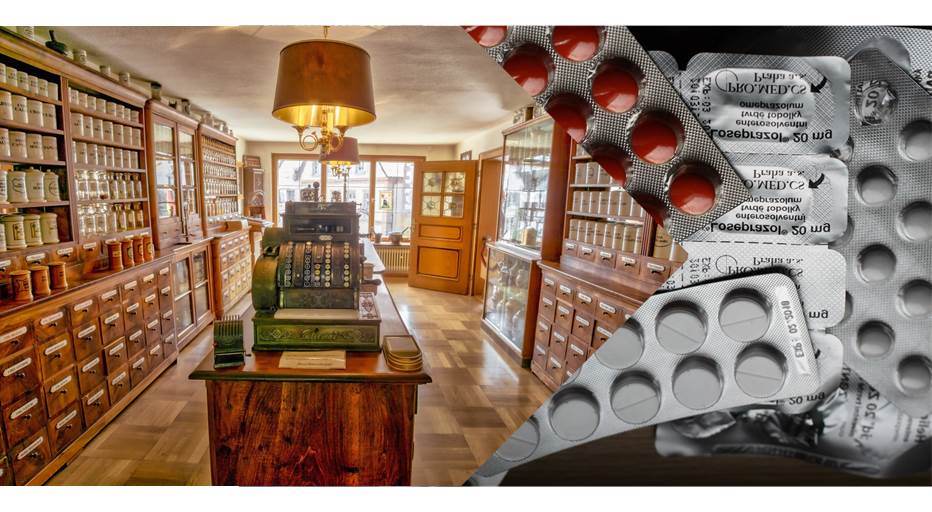
Professor Jeremy Green, Johns Hopkins University
Professor Greene’s talk addressed the problem of translating historical analysis to contemporary health policy and practice, using pharmaceuticals as an example. Although stakeholders in the fields of health-care tend to look towards the future, rather than the past, to validate their actions, forms of historical thinking permeate this realm all the same.
The historian seeking to translate her scholarship to wider audiences must contend with a set of thinner historical narratives already present in popular, clinical and policy periodicals, which tend to displace or occlude more critical assessment of the issues at hand. These common-sensical historical narratives tend to prioritize questions of innovation over questions of access, equity or use, and rely on teleologies of the present rather than an understanding of the past on its own terms. As a result, many present-day debates over the ethics and economics of new technologies regularly, casually, and uncritically invoke history to do political work.
Professor Greene argued that it is important to map out the risks of uncritical history in the formulation of health policy, but it is also just as important to map out the risks of uncritical policy engagements in the formulation of medical history as well.
This talk surveyed a series of engagements between pharmaceutical history and pharmaceutical policy in the late 20th and early 21st centuries, and asked what is gained and what is lost in translation.
The event attracted a diverse audience both in person and online. The feedback was positive and it was encouraging to see that the event had something which spoke to everyone.
We asked what participants felt they had learned from the event and similar themes emerged from the various groups attending.
For researchers:
- A new perspective on the benefits and challenges of engaging with policy and how to contextualise medical history within this perspective.
- The dilemmas and importance of the historian’s interactions with policy makers
- The political aspect of the field of pharmaceuticals
- The new classifications of generic drugs
- Policy work of the historian – becoming part of the story as well as the analyst
- The ways in which pharmacological histories and futures can function in unexpected ways
Those working in policy (NHS) also felt they had gained much from this event:
- The social, political and cultural contexts of medicine research, production and marketing
- The decline in availability of once popular medical treatments
- The lack of framework for ensuring vital medicines are always available when needed
- The pricing structure and extortionate pricing of lifesaving generic medicines
- The requirement for WHO intervention of sustainable supplies of vital medical supplies worldwide
Other professionals (including herbalists and journalist) highlighted their increased understanding of the reasons behind increasing costs of drugs following the presentation.
We found that the event had succeeded in increasing awareness for both academics and those external to academia.
Researchers/scholars felt that:
- They would have more confidence in fulfilling the role of public expert and the ability to deal with any comments on objectivity
- They had increased interest in and awareness of the challenges of publishing within non-historical platforms
- They would now read Professor Greene’s book
Those working in policy (NHS) highlighted:
- The important questions in drug research and clinical trials about the longer term availability of the drugs being researched – both in economic, manufacture and distribution terms
- The contentious role of expert/external analysis vs the one of champion/proponent of a health measure
In the longer term, the WHO CC is committed to exploring further how this increased awareness might impact on working practice.
We have posted the recording of the seminar below. Please feel free to comment as we are keen to continue discussions around the content covered and the impact this might have on our audiences.